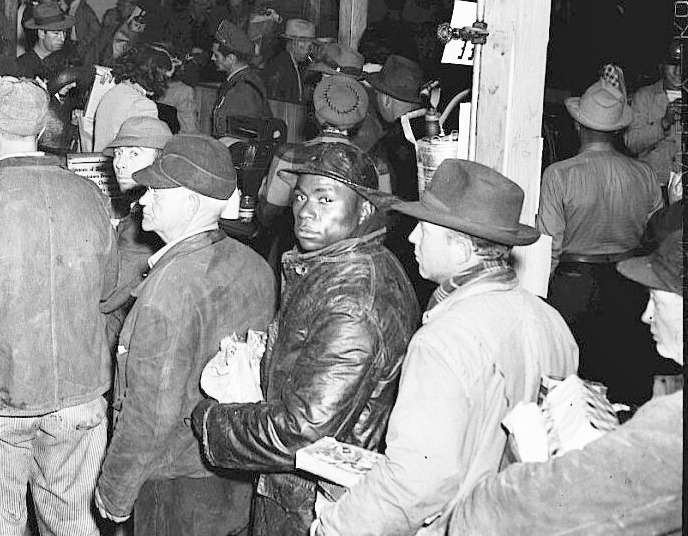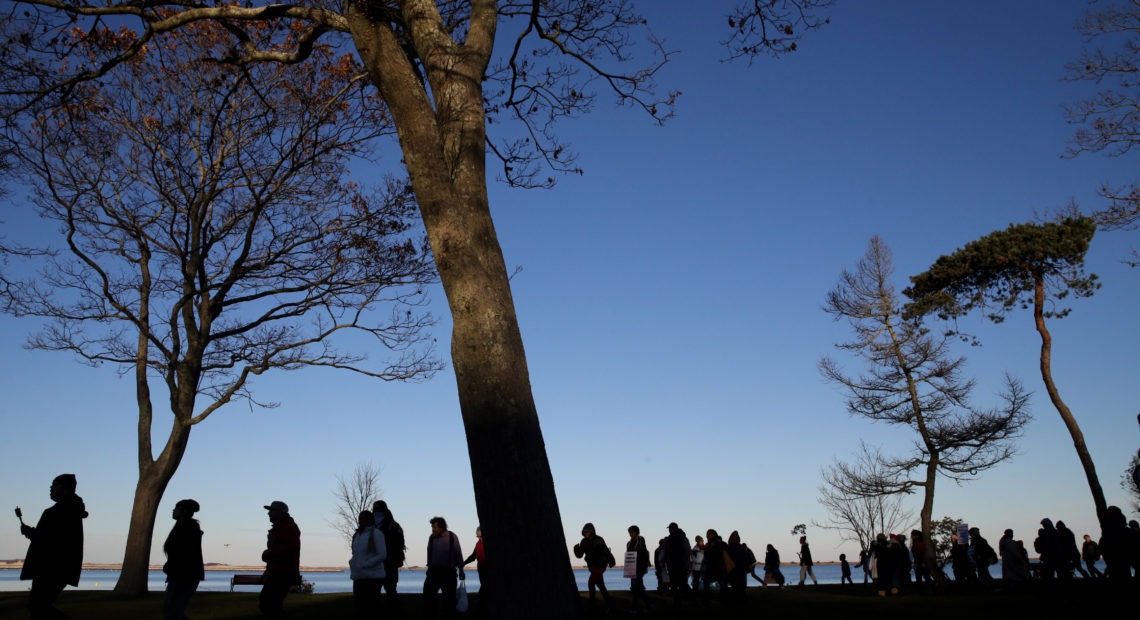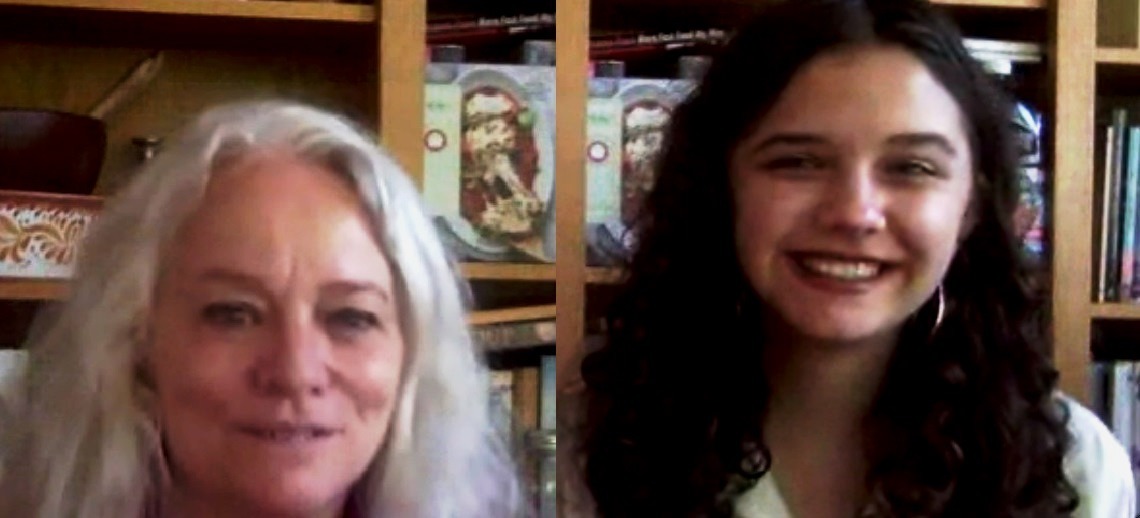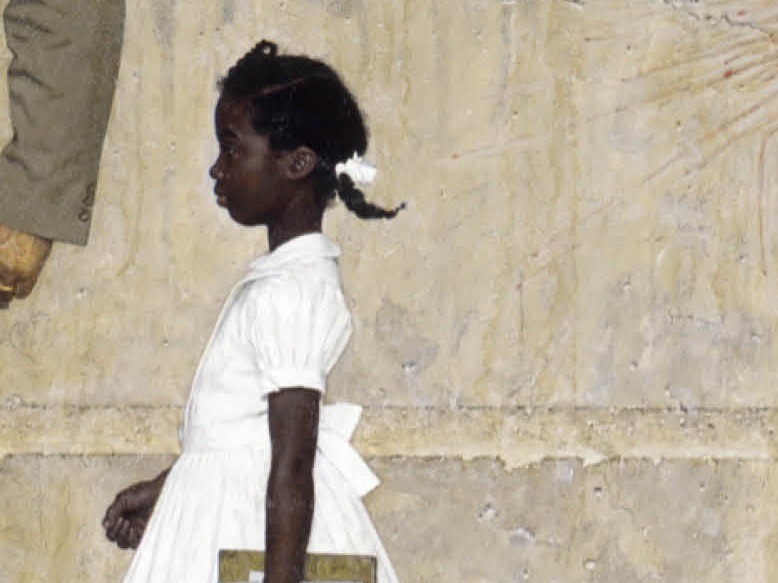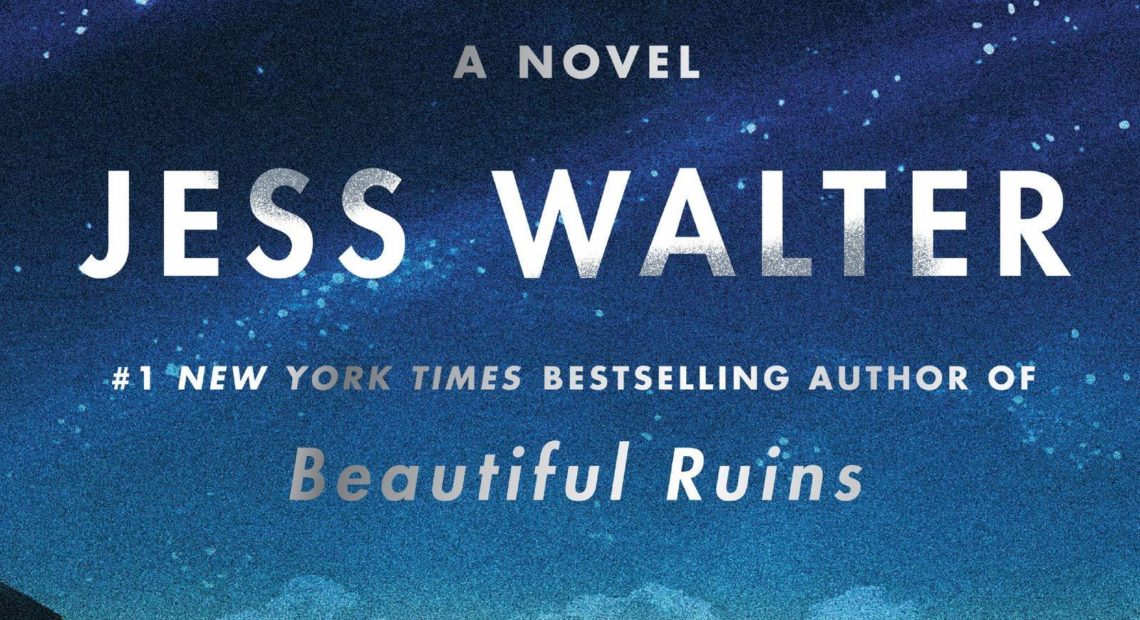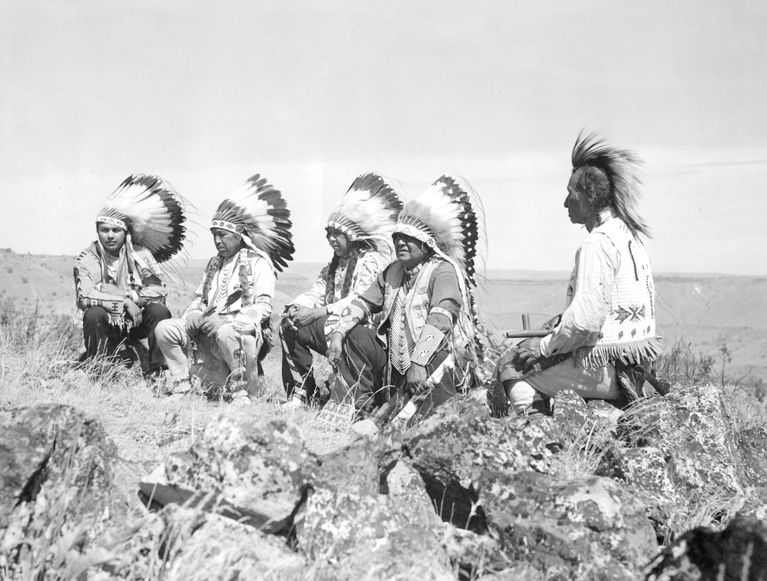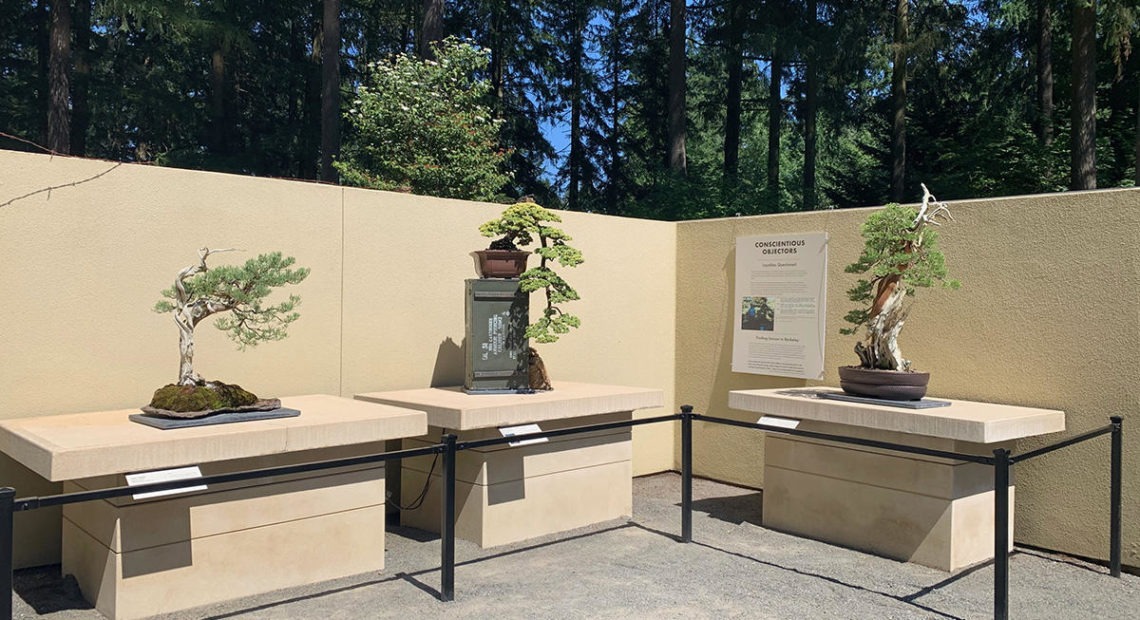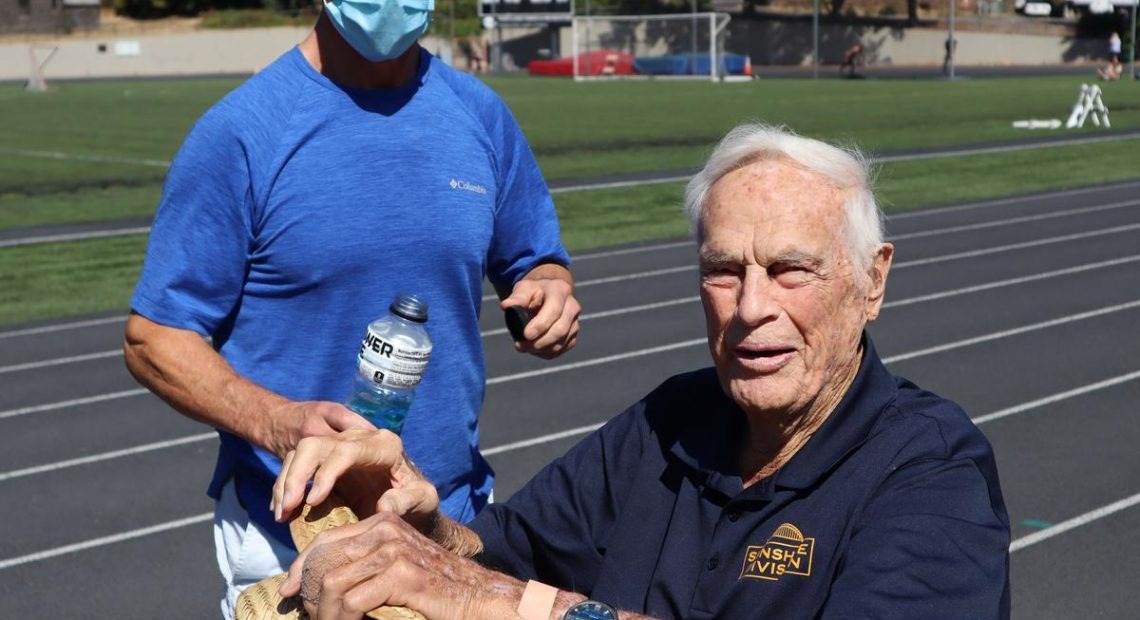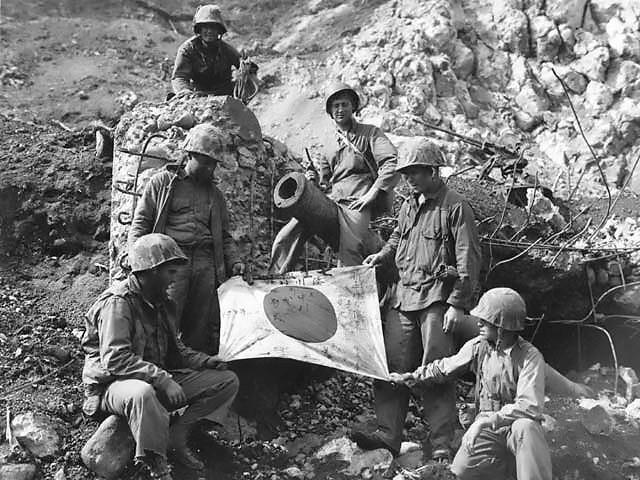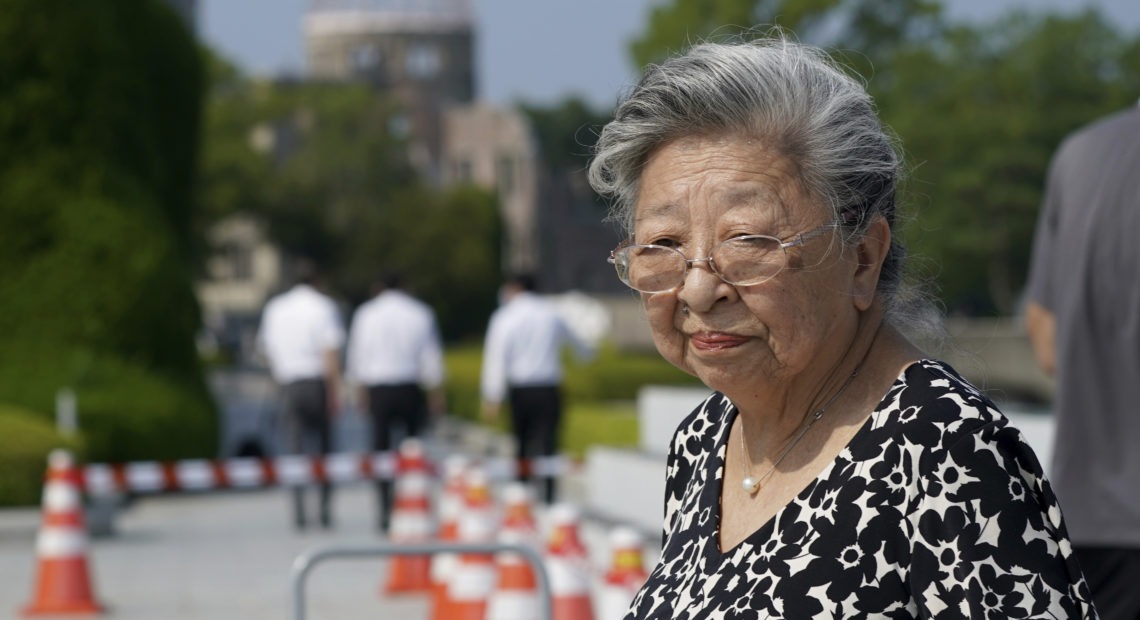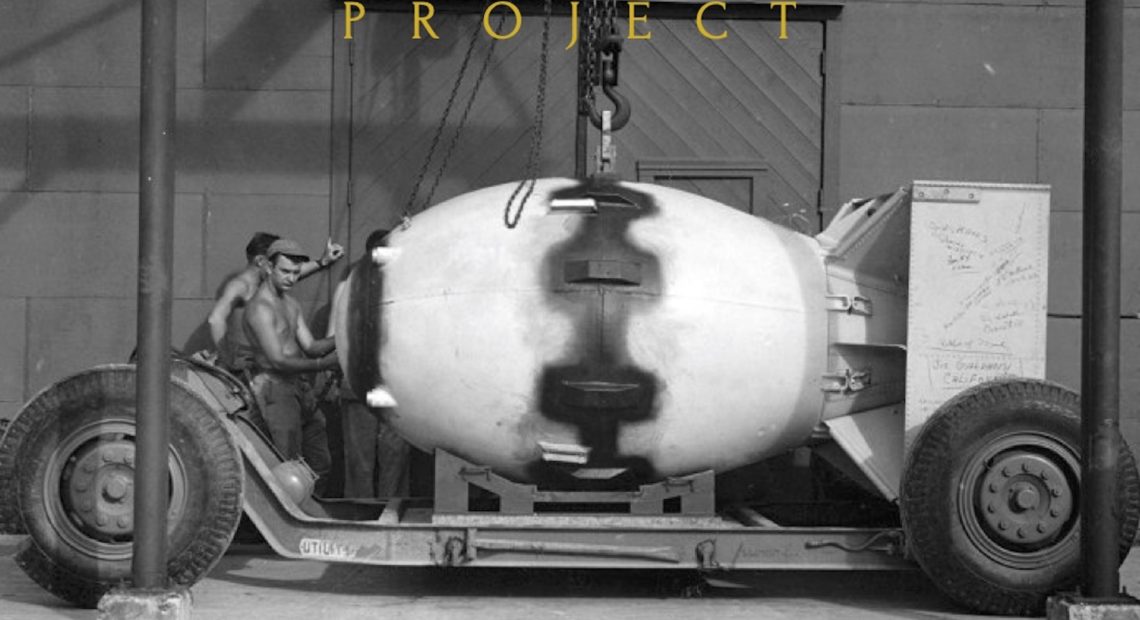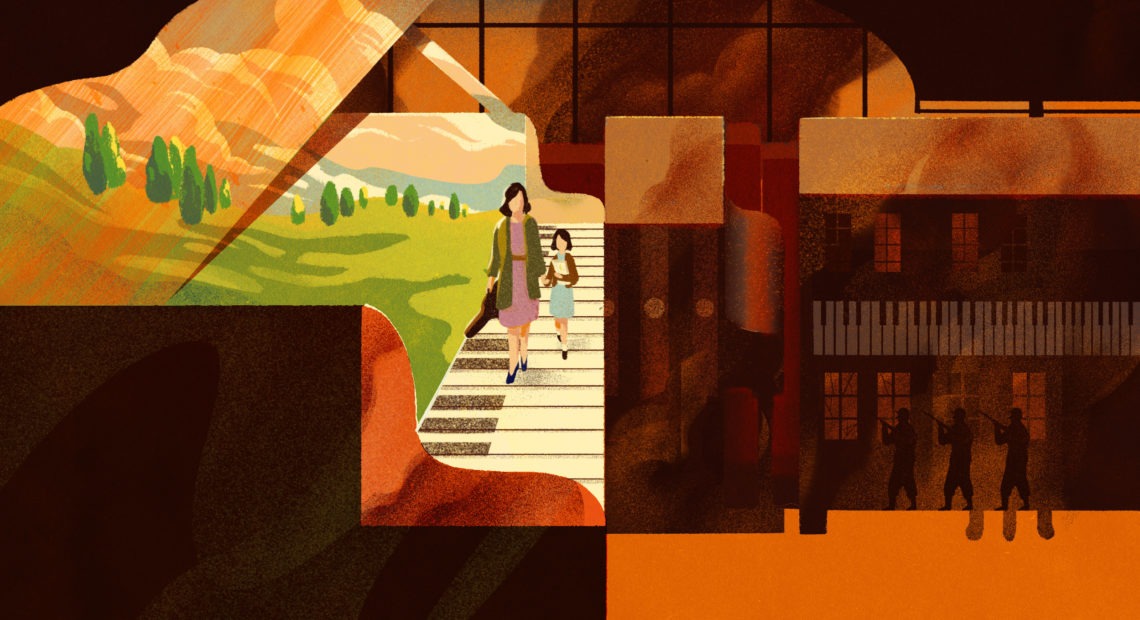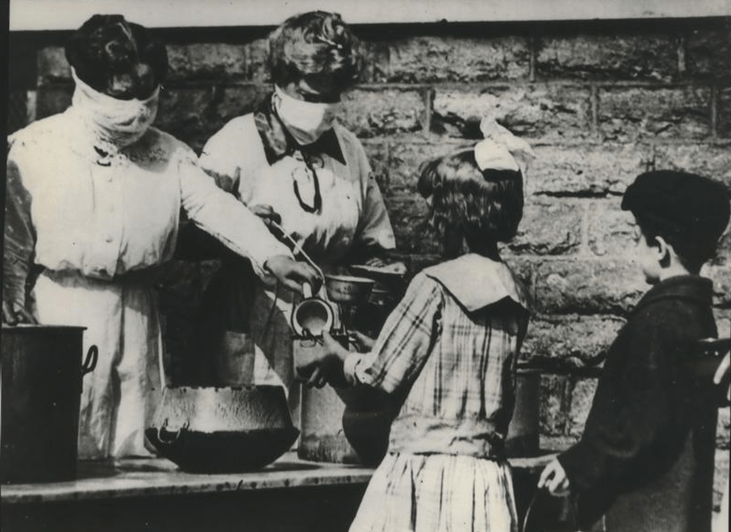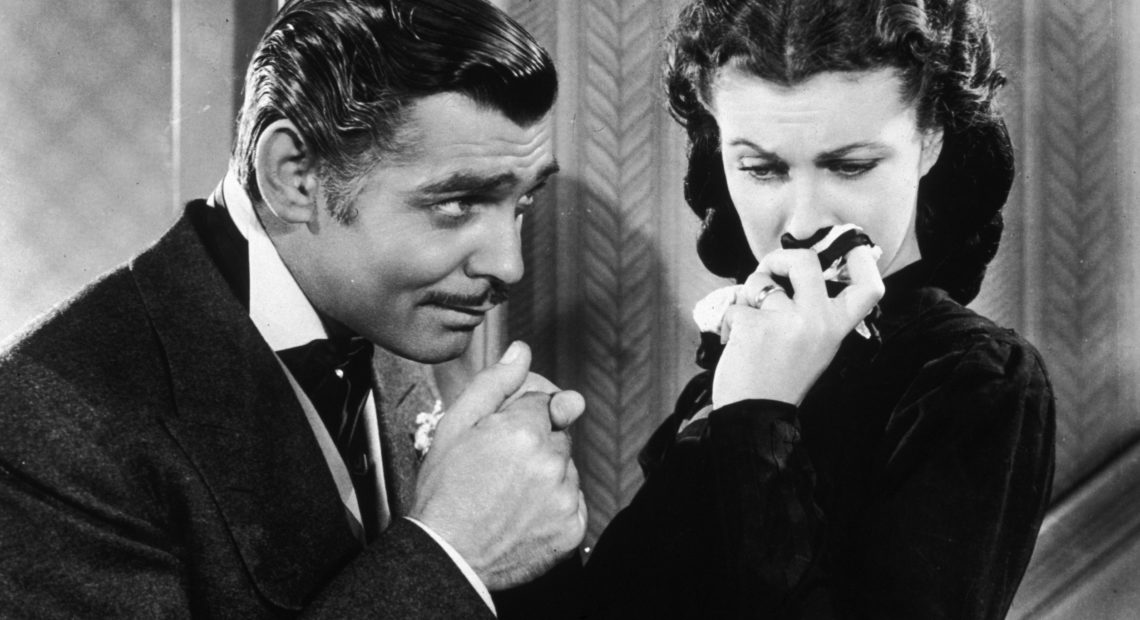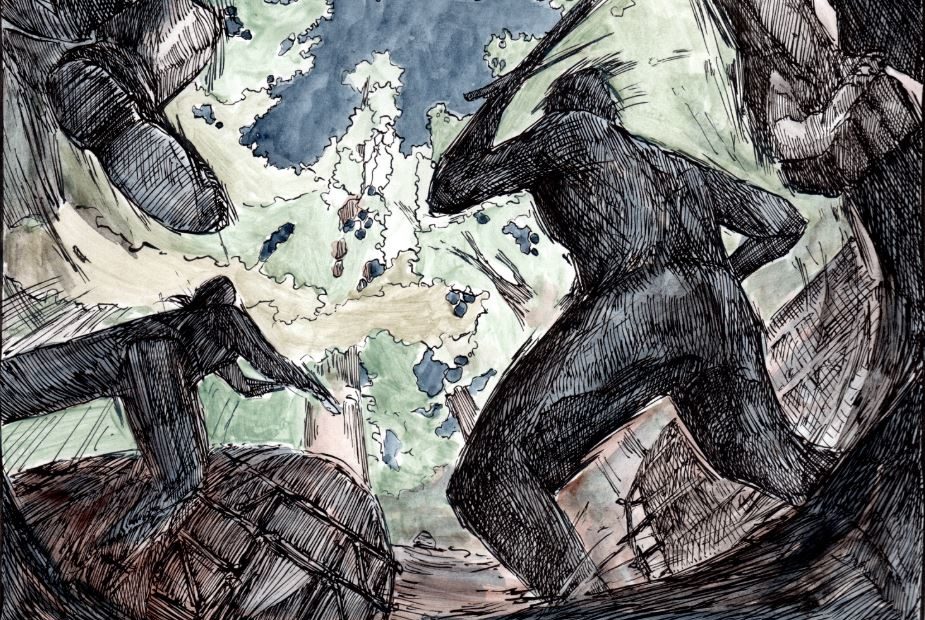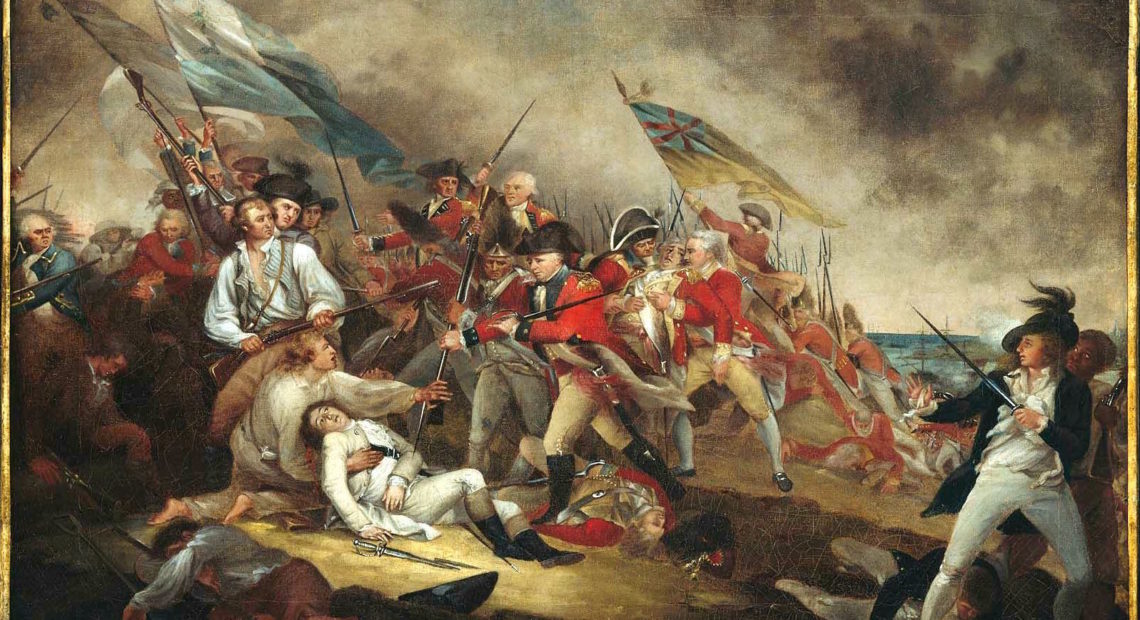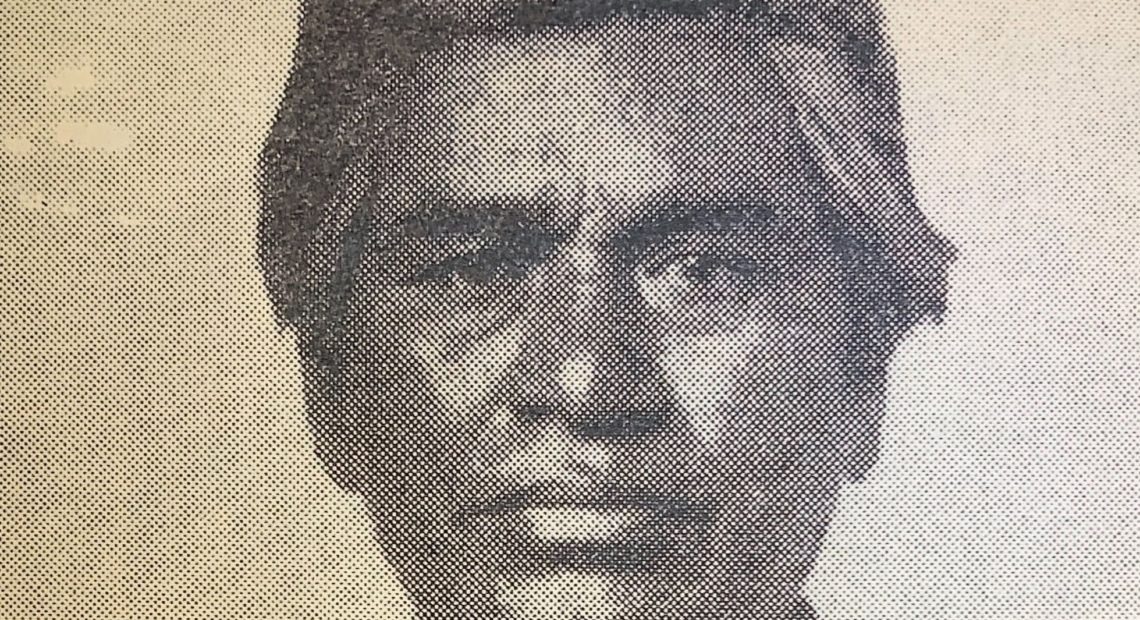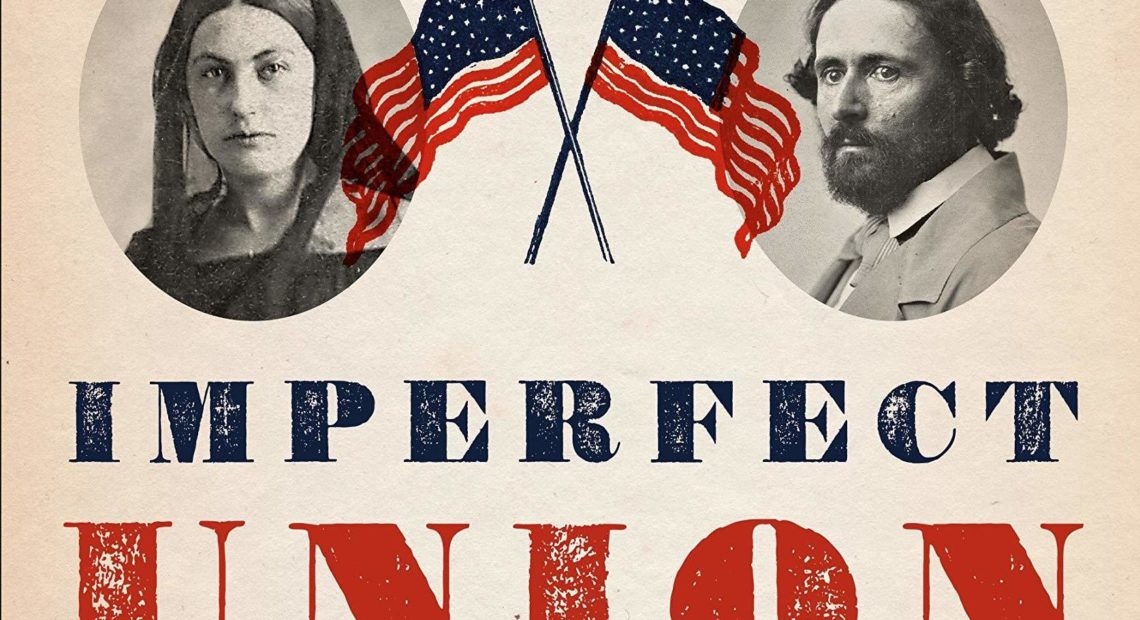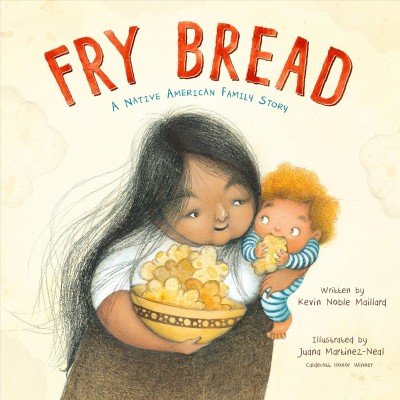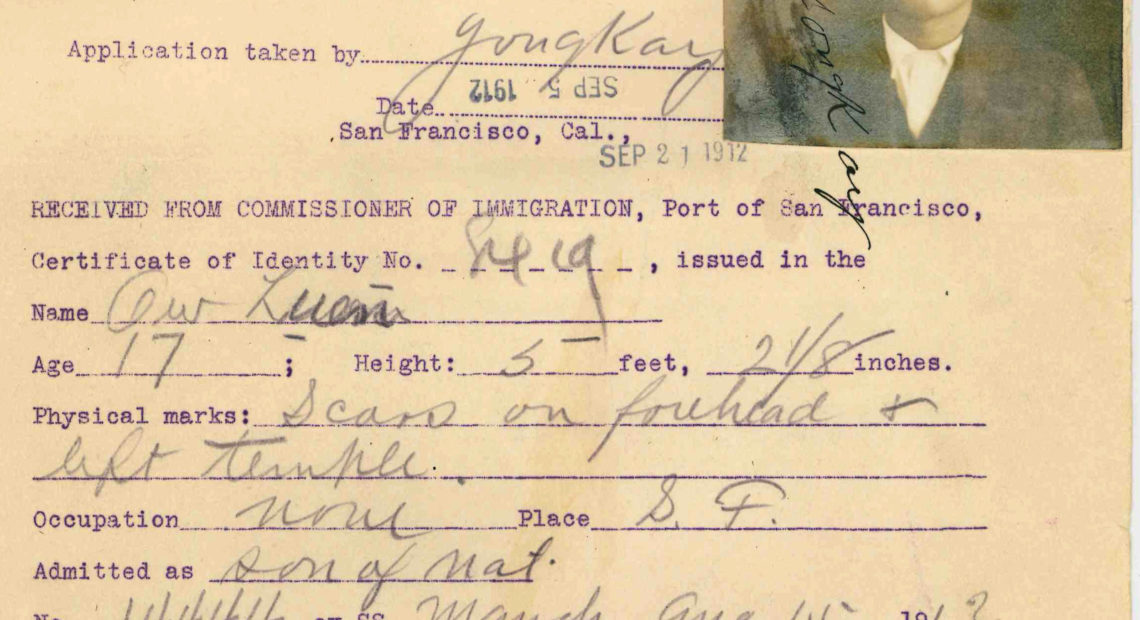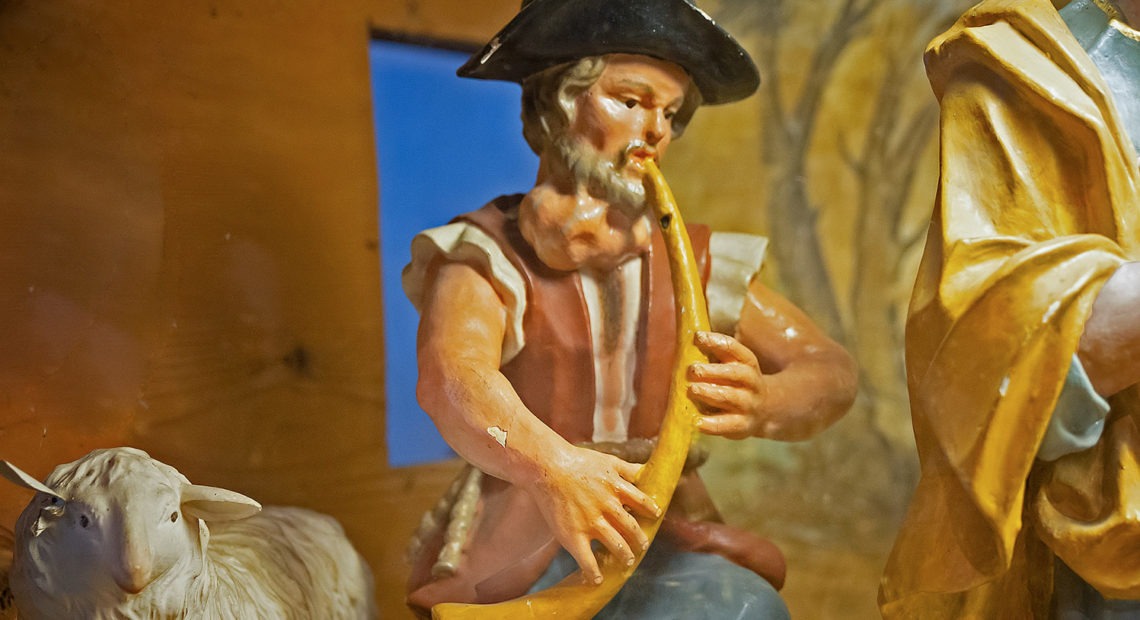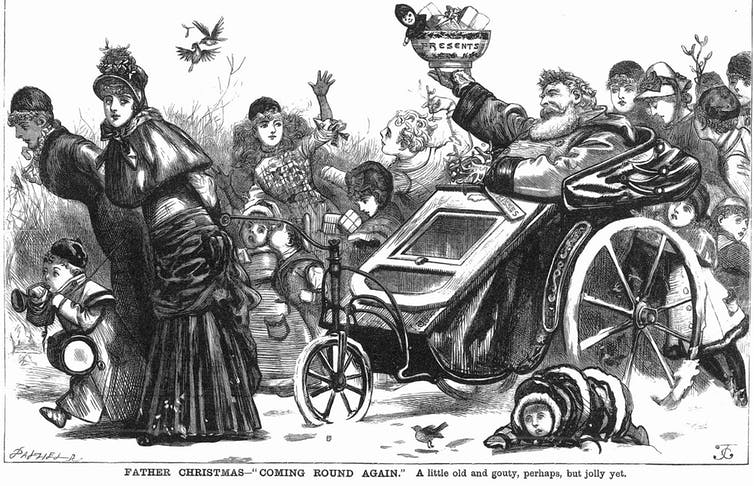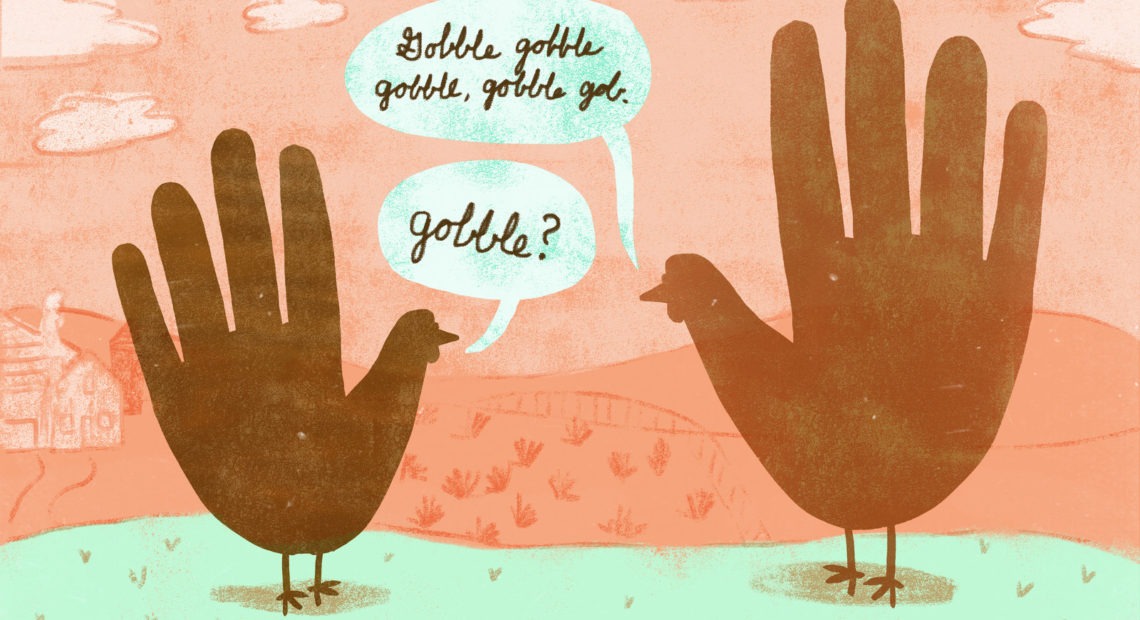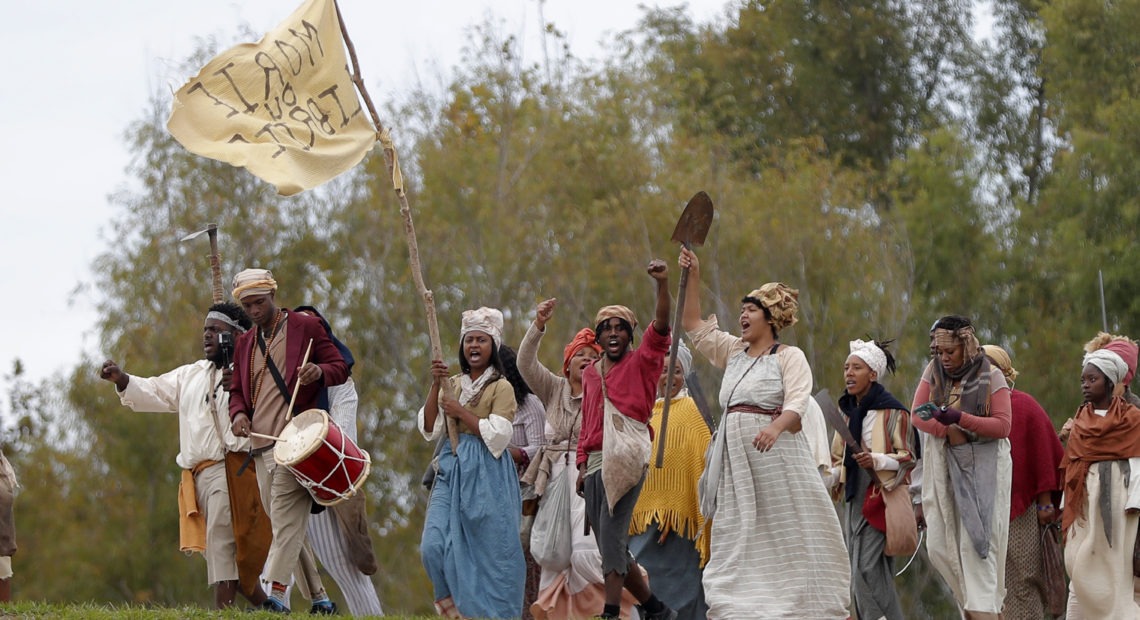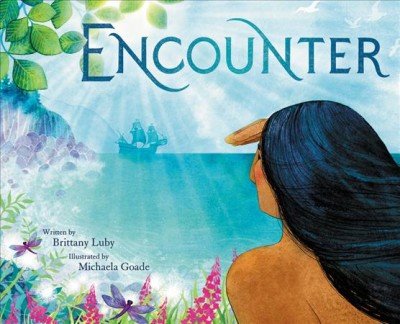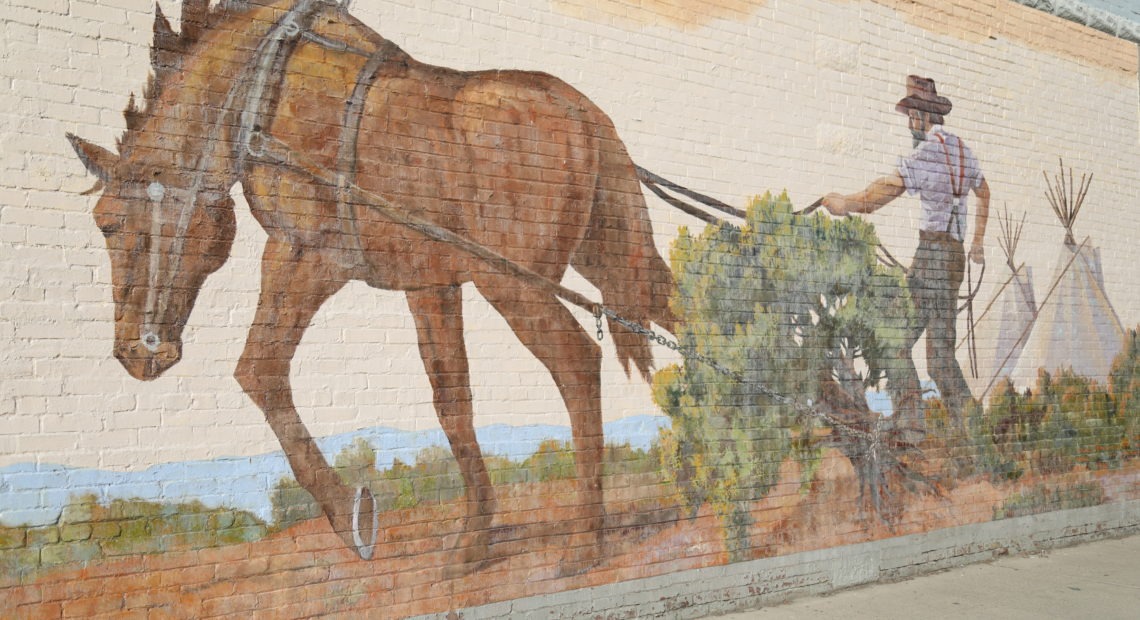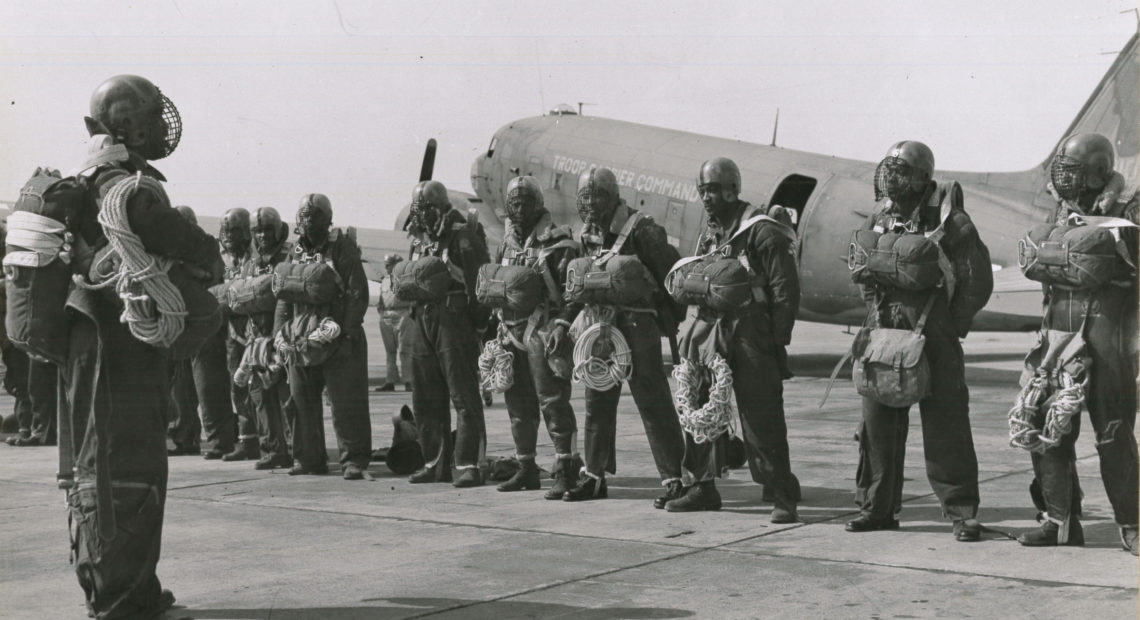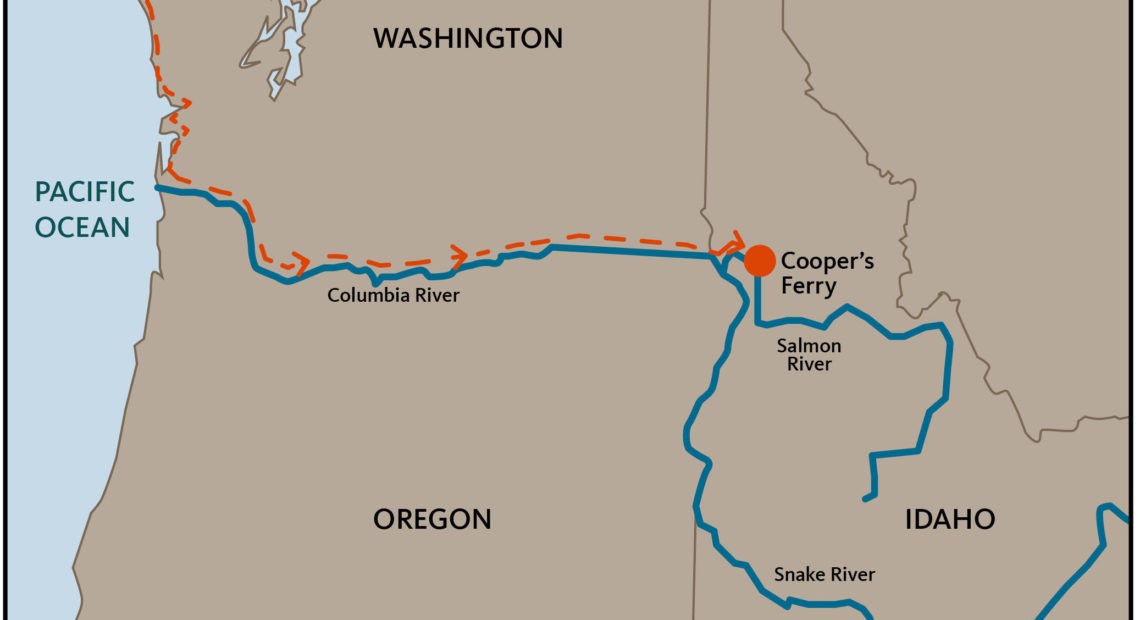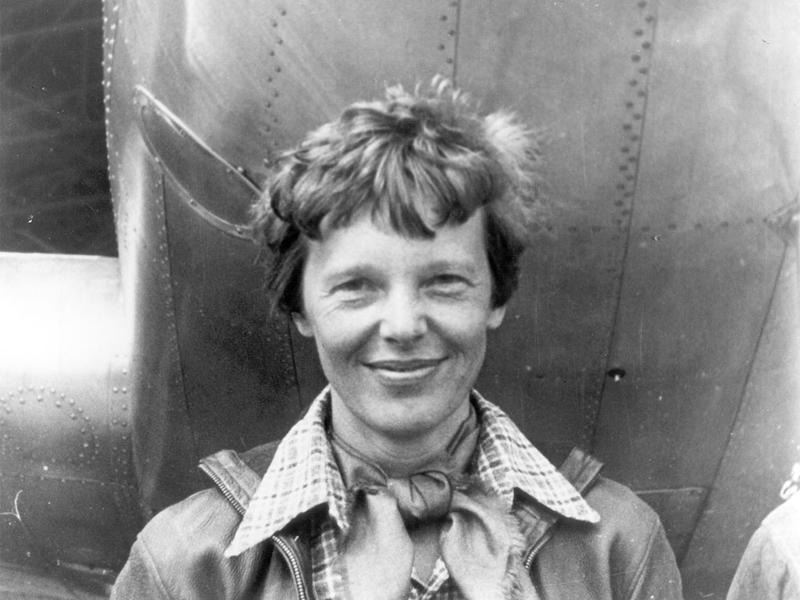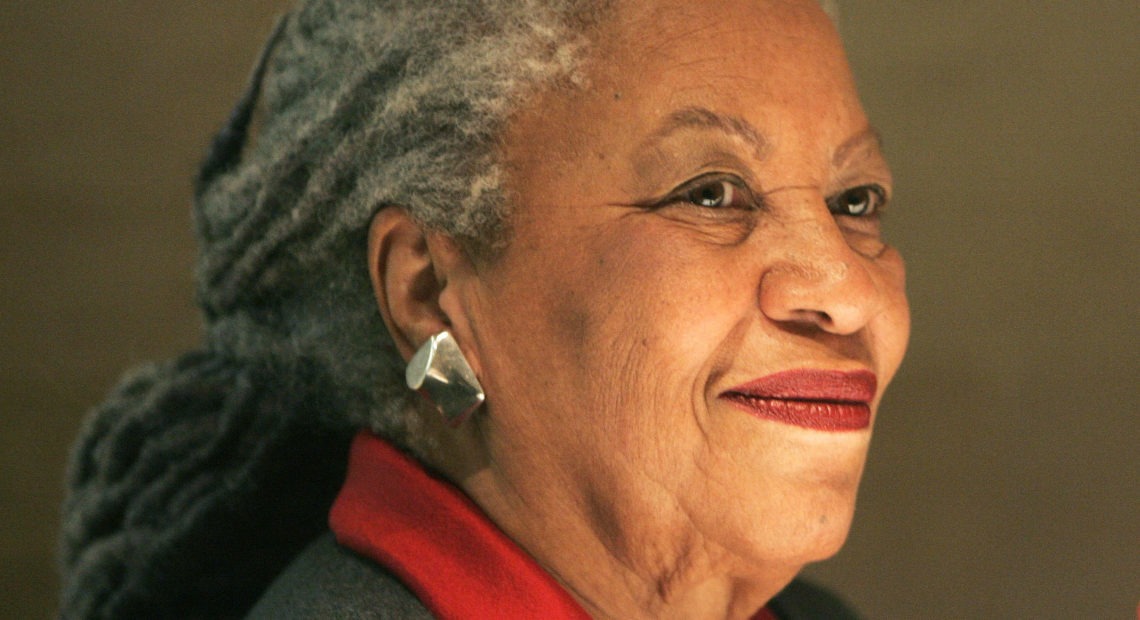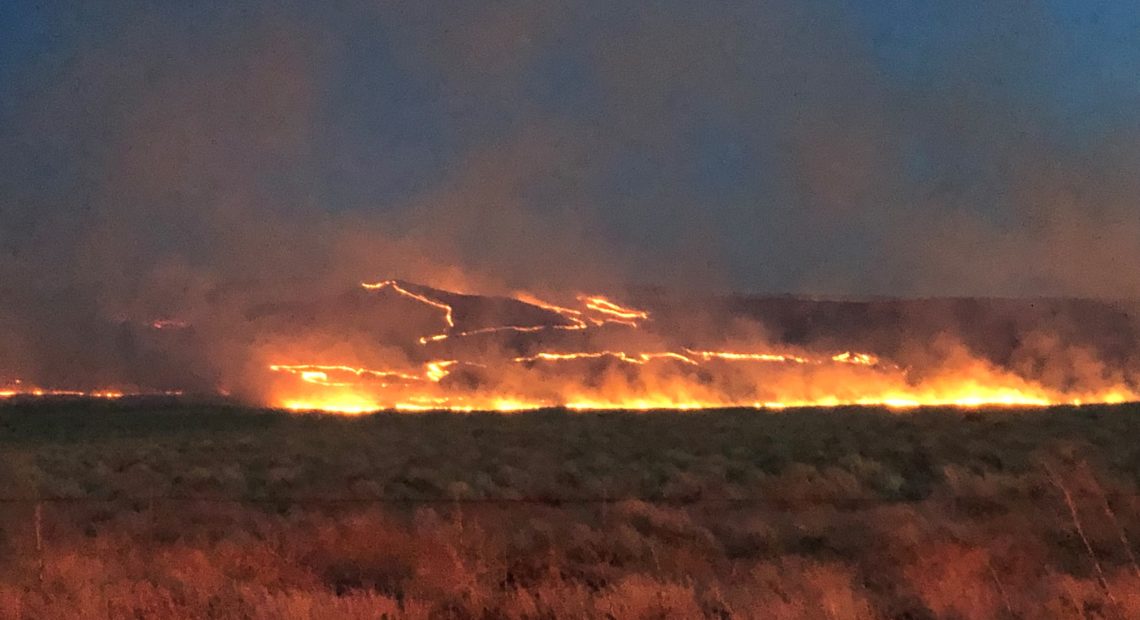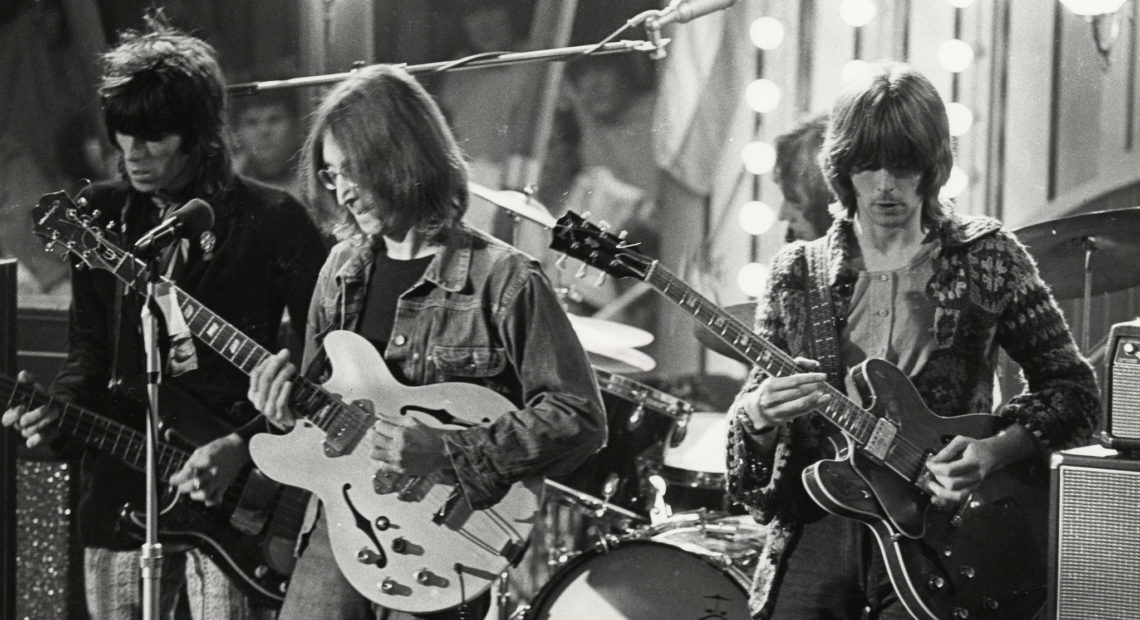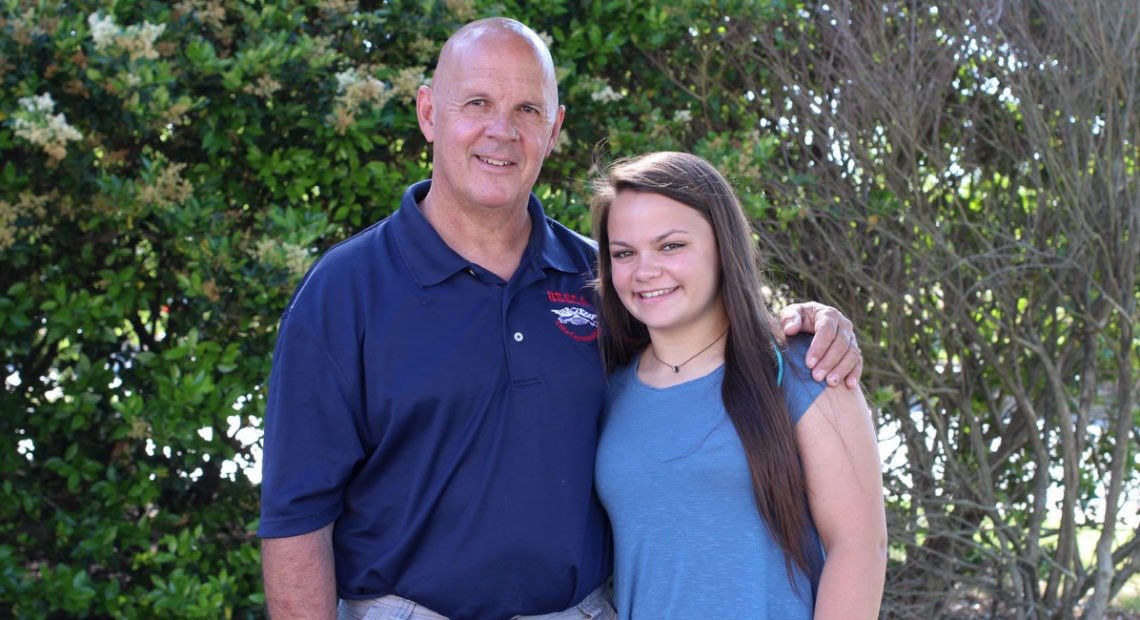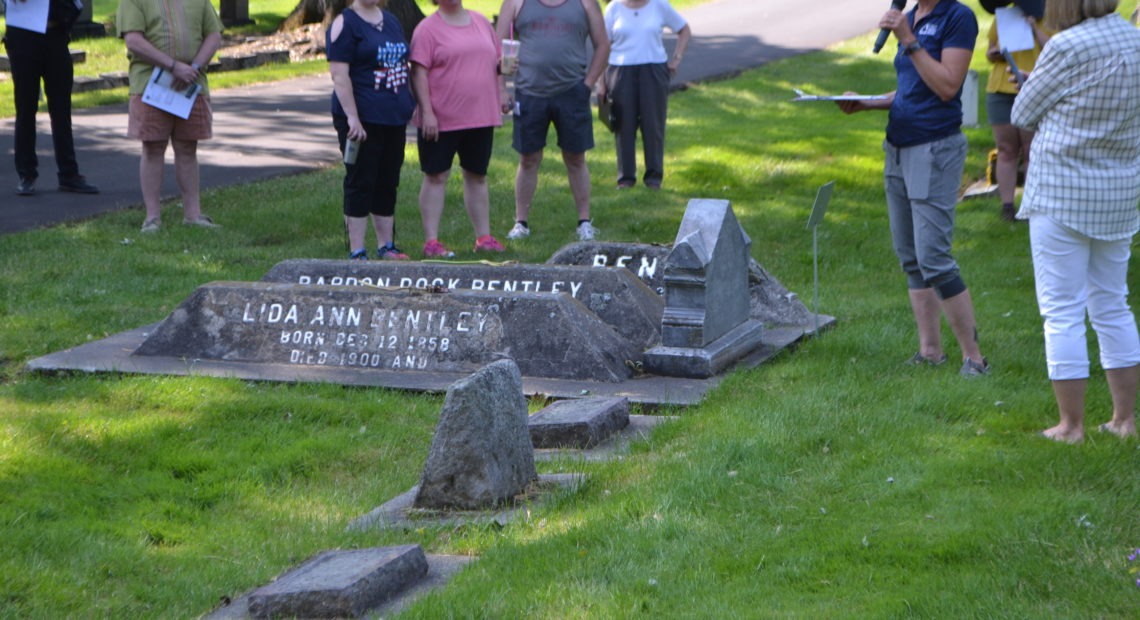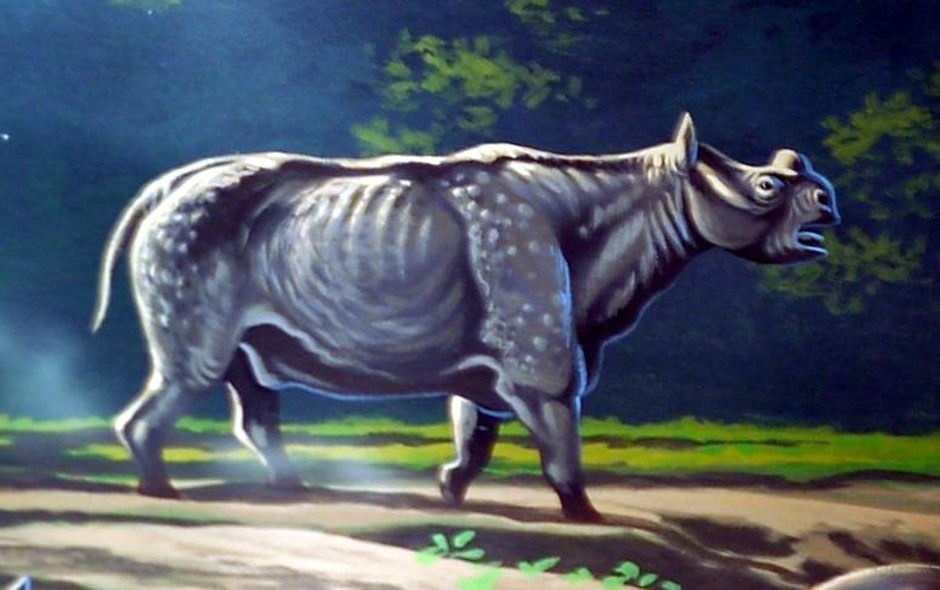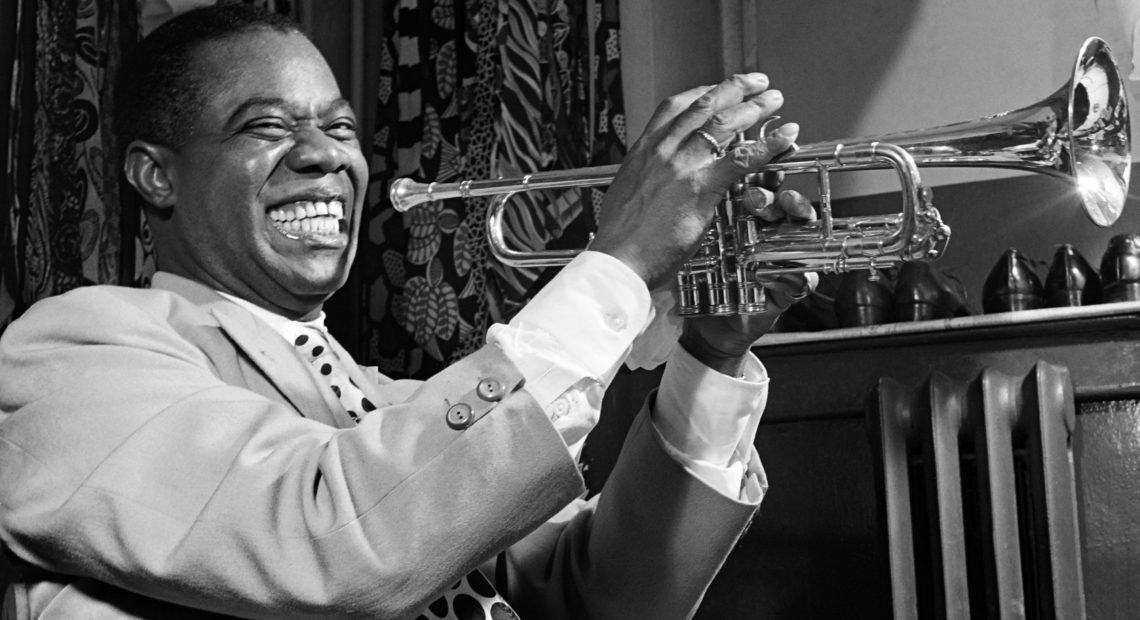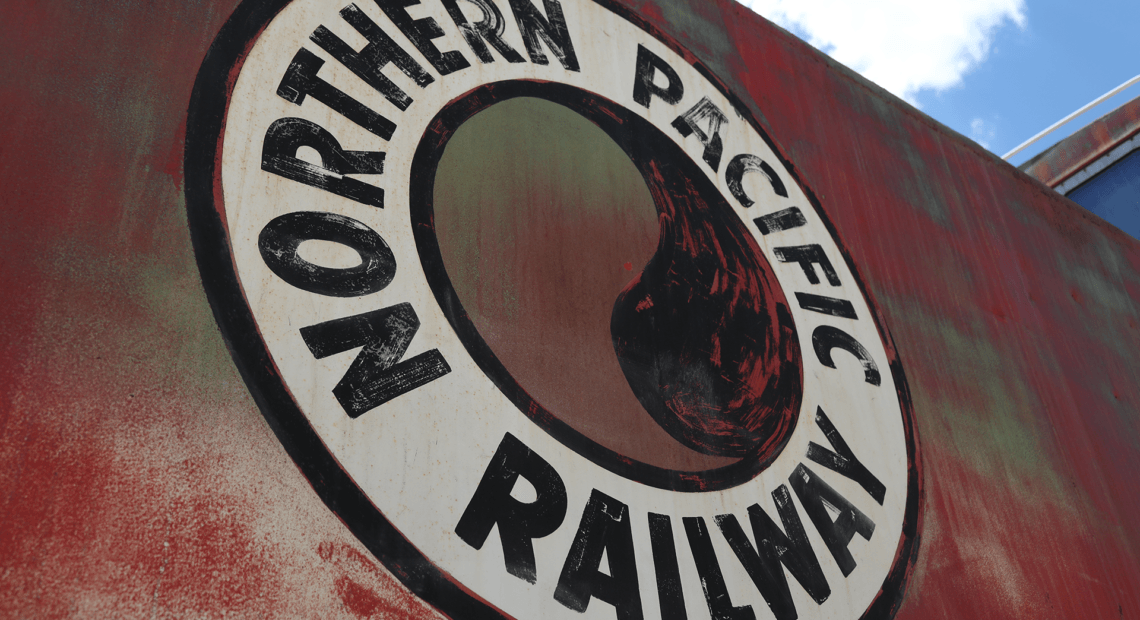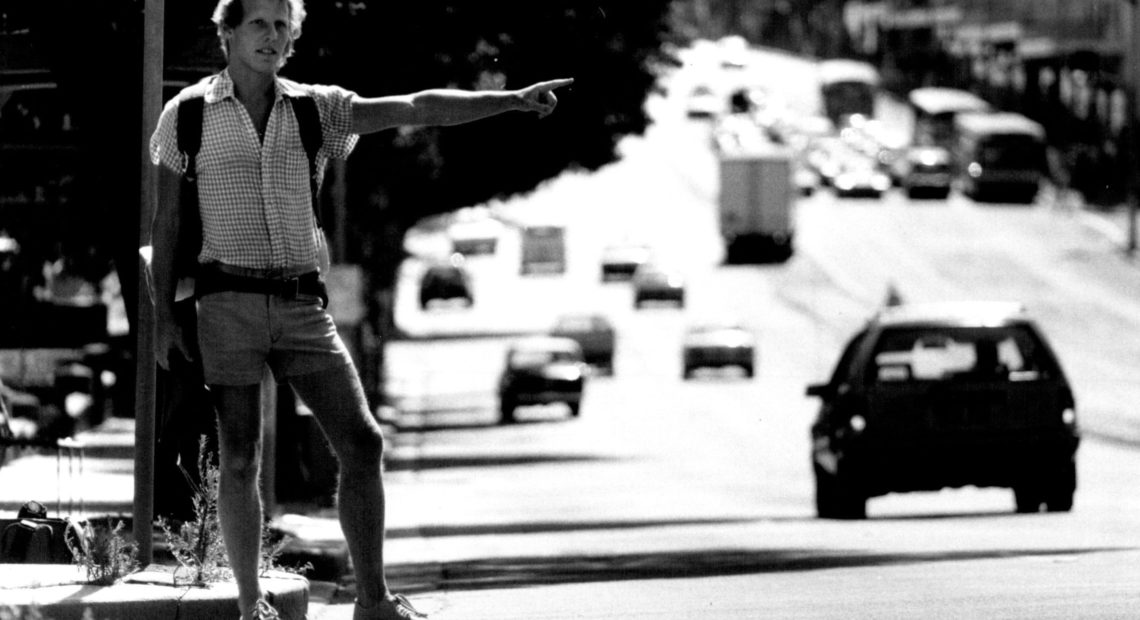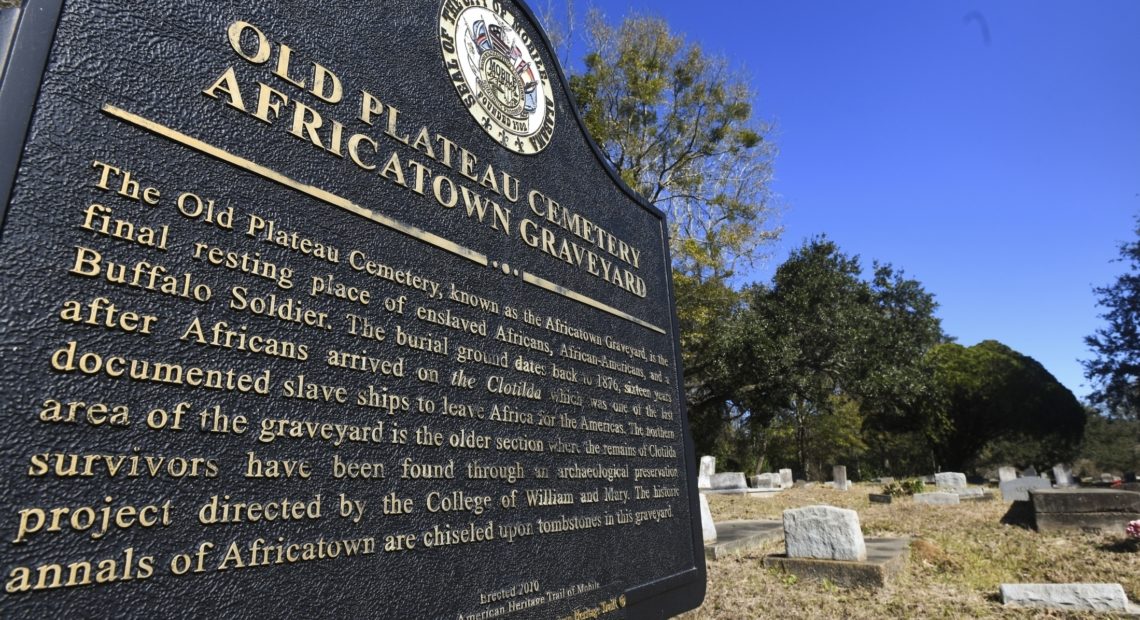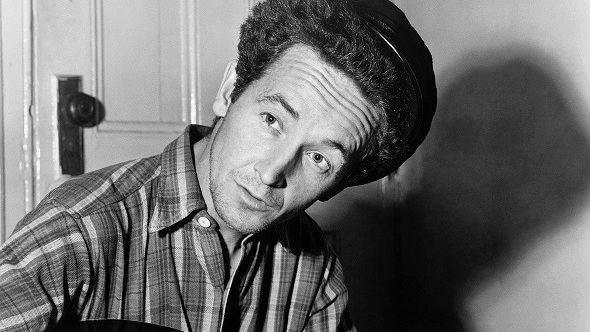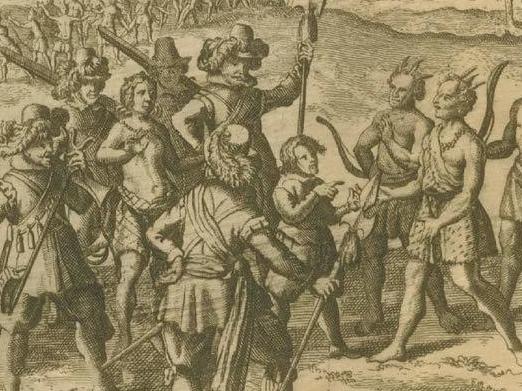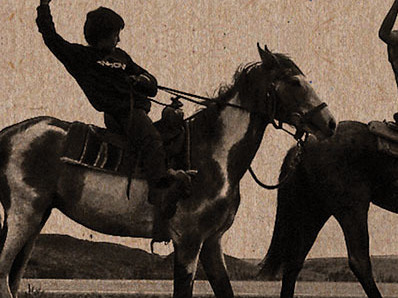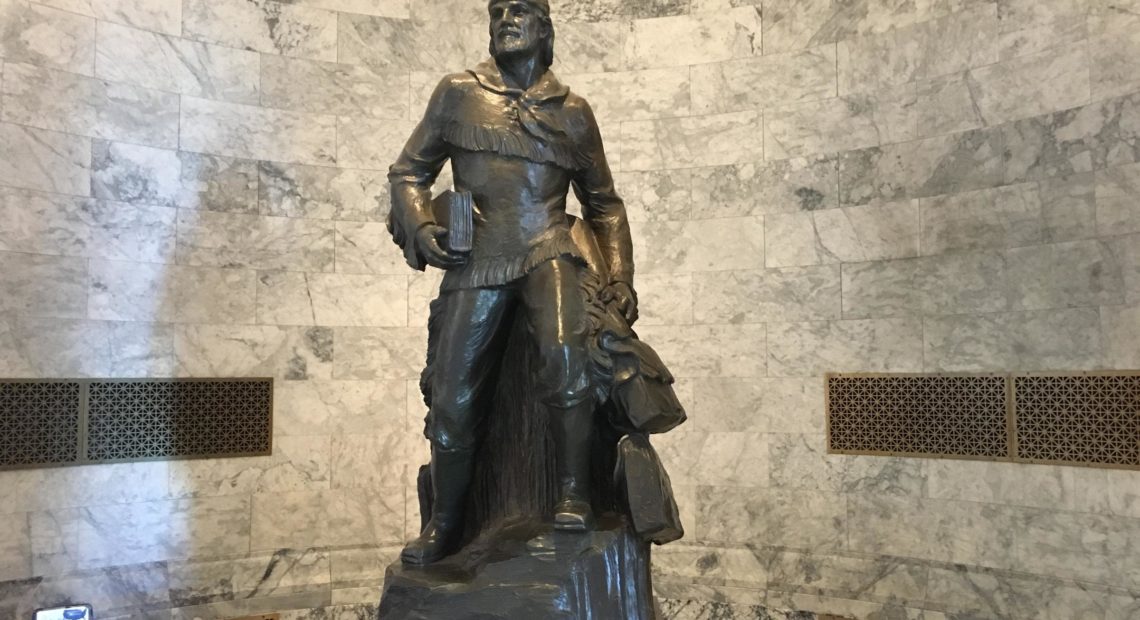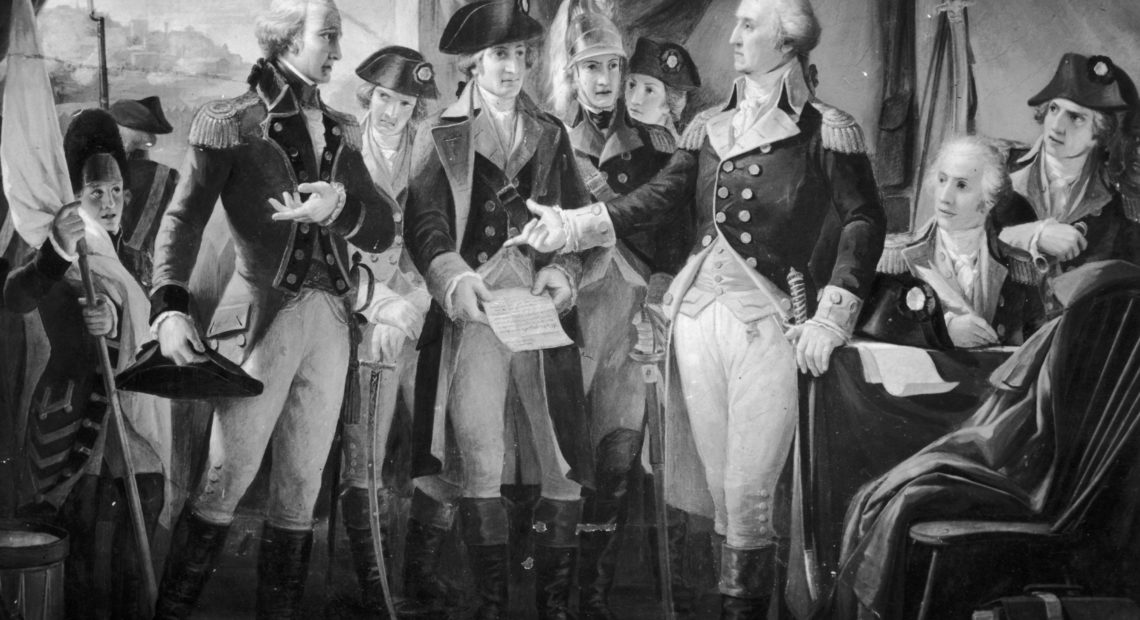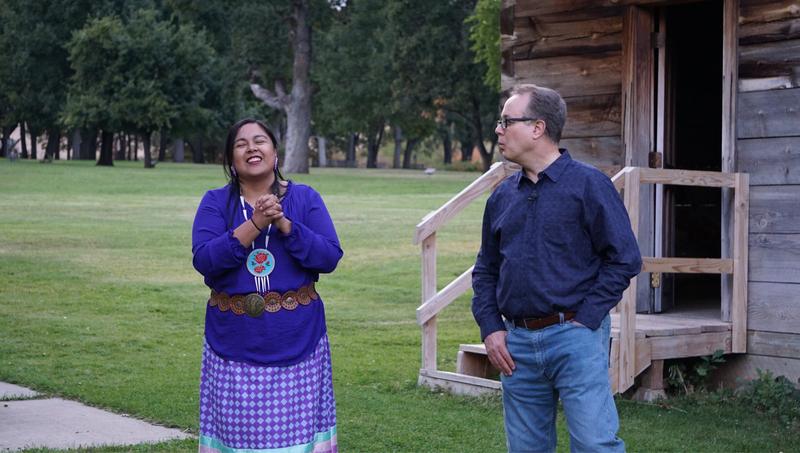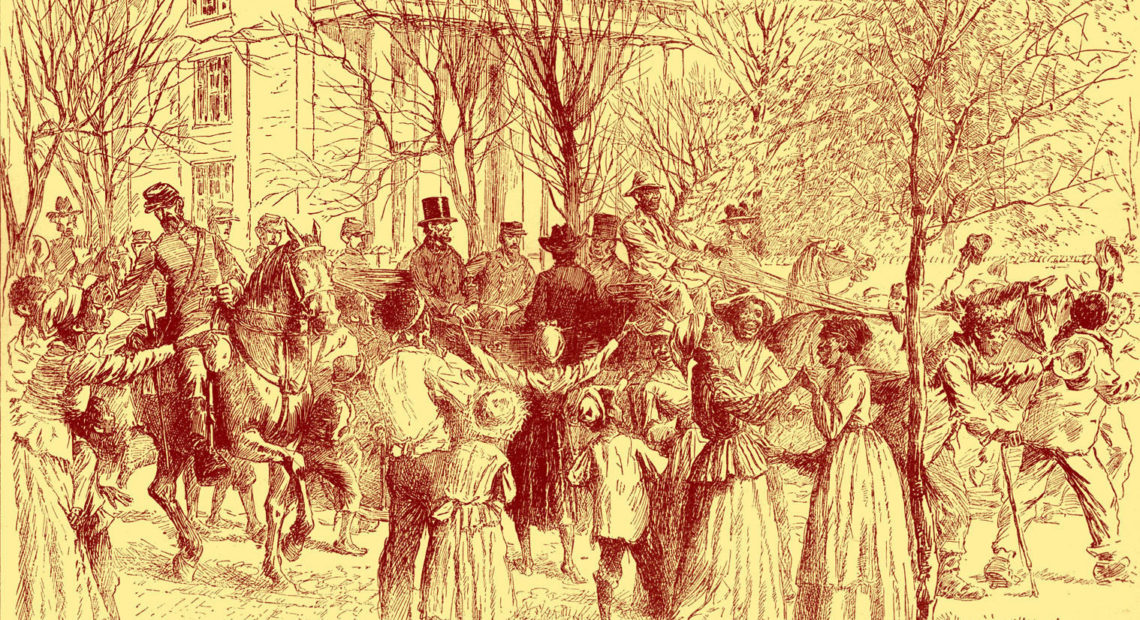By 1950, 20% of Pasco’s approximately 10,000 residents were Black, almost all living in slum conditions. Few lived in the new atomic community of Richland and none in “lily-white” Kennewick -- a fact of which Kennewick city leaders and police at the time were proud. Not only was housing segregated, but Black residents were forced to endure broad discrimination in Read More
This year Thanksgiving comes as chronically under-resourced Native populations are contracting COVID-19 at record rates. In August, the Centers for Disease Control and Prevention reported that Native Americans are 3.5 times more likely to get COVID-19 than white people.Read More
Lewiston resident Lilienne Shore Kilgore-Brown actively takes part in protests now. So did her grandmother Susan Kilgore in the 1970s. On StoryCorps Northwest, Susan tells Lilienne what she was protesting and what she learned from those experiences.Read More
Bridges was the little girl depicted in that famous Norman Rockwell painting — the first Black student at her New Orleans elementary school. Now, she's written a book to tell kids her story.Read More
Jess Walter's new novel an adventure tale based on actual events in the early days of the last century's labor movement — which was much wilder and bloodier than most people remember.Read More
Faced with the threat of forced removal or worse, in 1855 leaders of the Warm Springs and Wasco Tribes forfeited their claim to roughly ten million acres, and moved to a reservation. In exchange for land to offer white settlers, brokers for the United States government made promises. Among those: Tribal members would not be stopped from traveling off the reservation to Read More
What does the contemplative art of bonsai have to do with World War II? Plenty, said Aarin Packard. He's the curator at the Pacific Bonsai Museum, which displays all kinds of the dwarfed trees pruned and trained into artistic shapes.Read More
The story of Captain Tom in Britain reached Bud Lewis of Portland through a chain of friends and family. The two men are virtually the same age. Lewis also served in World War II in the tropics. The U.S. Army veteran was convinced by his circle to copy his British counterpart.Read More
Aging veterans and their descendants are attempting to return memorabilia to the families of their former enemies ahead of a milestone anniversary. Next Wednesday, September 2, marks 75 years to the day since the Japanese surrender ceremony that ended World War II.Read More
It's been 75 years since the U.S. dropped two atomic bombs on Japan. NPR's Lulu Garcia-Navarro speaks to Koko Kondo, who was an infant when one of those bombs was dropped on Hiroshima.Read More
Denin Koch's trip to the Hanford B Reactor when he was 19 stirred his musical passion. It eventually inspired a full jazz album exploring the complicated history of Hanford, 75 years after the U.S. bombings of Hiroshima and Nagasaki, Japan ended WWII.Read More
Researchers are still digging into the question and sharing their findings decades after the Nazis sacked the homes of Jews during World War II.Read More
In 1918 Walla Walla, the chief of police, refused to enforce a state mask mandate. He pointed out that he was going to meet heavy resistance and, anyway, that he had no authority to carry out a state directive, only city ordinances. Still, he also openly defied the instructions of the city’s health officer, J.E. Vanderpool, to follow the state health officer’s guidance.Read More
HBO Max temporarily removed the 1939 film from its streaming service in early June for its depiction of 'racial prejudices.' The film now includes an introduction addressing its controversial legacy.Read More
Poet Natalie Diaz returns, interrogating the lasting effects of colonization asking: If a colonizer's influence can't be eradicated from a culture, how can you push back against violence and erasure?Read More
In Ghost River: The Fall and Rise of the Conestoga, Native artists retell the events of a brutal massacre in pre-Revolutionary Pennsylvania and bring a painful history to life on the page.Read More
Basketball legend Kareem Abdul-Jabbar is the executive producer of a new documentary focusing on the lives of black Americans on both sides of the Revolutionary War, whose stories aren't often told.Read More
The Treaty of 1855 created the Yakama Nation reservation as we know it today. In the decades after, the Yakama, Washington state, and the United States were trying to figure out their new relationship. At the turn of the century, Louis Mann was in the middle of it all, working as an interpreter for the tribe. Now, audio recordings of Mann’s strong voice have resurfaced.Read More
NPR's Steve Inskeep, discussing his book Imperfect Union: How Jessie and John Fremont Mapped the West, Invented Celebrity and Helped Cause the Civil War, touches on parallels to U.S. politics in 2020.Read More
Our kids' books columnist, Juanita Giles, gave her daughter Fry Bread: A Native American Family Story for Christmas; she says the book's depiction of food and history mirrors her family's experiences.Read More
U.S. immigration authorities want to increase the fee for obtaining immigration files by 500%, which means some people would have to pay more than $600 for the documents. The move would affect families of the millions of people who immigrated to the United States in the late 1800s and early 1900s.Read More
In some historical Nativity scenes, the shepherds have grossly enlarged thyroid glands — also known today as goiter. It's an apparent symbol of their poverty and iodine-deficient diet.Read More
Midwinter has been a period of festivities for millenia, but Christmas as we know it today has its origins in Victorian Britain. It was in Victorian times that the idea of Christmas as a family holiday, with gift giving, a tree, and an intimate dinner became central to this celebration.Read More
Part of the difficulty in teaching Thanksgiving is that the story of the first Thanksgiving is incomplete, according to Edwin Schupman, a citizen of the Muscogee (Creek) Nation of Oklahoma who helps educators talk about Native American history and culture.Read More
Artist Dread Scott organized the 26-mile trek to New Orleans as a tribute to the men and women who protested their enslavement in the German Coast Uprising of 1811 by re-imagining a different outcome.Read More
"Growing up I would hear about our peoples being 'discovered' ... " says author Brittany Luby. "I would go home and my parents would tell me: That's not actually how things happened."Read More
Toppenish Murals The small town of Toppenish, Wash. decided it needed a revitalization program and they landed on murals. Each mural in Toppenish depicts life in and surrounding the town […]Read More
Triple Nickles thought they were destined for Japan when they stopped at Pendleton Army Airfield in the spring of 1945. But no, they were about to be converted into smokejumpers for Operation Firefly. Professional smokejumping started in 1939 in Washington's Methow Valley.Read More
An archaeological dig along the Salmon River in western Idaho has yielded evidence of one of the oldest human settlements in the Americas yet found. Newly published findings from the excavation give impetus to a scientific rethinking of when and how the first people arrived in North America.Read More
In Stacey Lee's new novel, an opinionated and talented Chinese American girl makes her way in Reconstruction-era Atlanta while preserving her secret work as an advice columnist in the local paper.Read More
Photo analysis by a forensic imaging expert from suburban Seattle is backing up a new search for the pioneer aviator Amelia Earhart. Right now, a National Geographic expedition is at an uninhabited island in the South Pacific looking for Earhart's missing airplane.Read More
Morrison was the author of Beloved, Song of Solomon and The Bluest Eye. She was awarded the Nobel Prize in Literature, the Pulitzer Prize for Fiction and the Presidential Medal of Freedom.Read More
The fire that engulfed Notre Dame cathedral shocked the world earlier this year. And a wildfire in July on Rattlesnake Mountain in southeast Washington similarly shocked Northwest tribes.Read More
In December of 1968, some of the biggest names in rock and roll came together to film The Rolling Stones' Rock and Roll Circus. The film was recently given a 4K restoration.Read More
A half-century ago, America's dreams were realized in space. The power of U.S. innovation and spirit took the Apollo 11 crew to the moon and back. That mission was possible because of a diverse team of engineers, astronauts and mathematicians. It was also possible thanks to the help of one 10-year-old boy who was in the right place at the right time.Read More
Fallen soldiers, outlaws, bankers, a madame, and maybe even a couple of witches all reside in one place now. It isn’t the set up for a bad bar joke, though.
Mountain View Cemetery in Walla Walla is the earthly home to these and other deceased figures. Read More
Hyena-pig. Murder-cow. With no modern analog, scientists have resorted to combinations of common animals to describe it. Dug up decades ago in the Hancock Mammal Quarry near John Day, Oregon, the bone from this prehistoric creature languished, misidentified in museum storage, until Selina Robson pulled it from its drawer.Read More
Music historian James Karst explains his recent research into the early life of the legendary Louis Armstrong.Read More
Toppenish Railway Museum Mary O’Dell believes preserving history helps with community identity, that’s why she started working at the railway museum in Toppenish, Wash. almost 30 years ago. Full Transcript […]Read More
Horwitz's publisher says he died of apparent cardiac arrest. A Pulitzer Prize winner for covering the hardships of low-wage workers, the peripatetic writer sought truths obscured by history's cliches.Read More
The Clotilda carried 110 people from present-day Benin to the shores of Mobile in 1860, despite the import of slaves being illegal. Researchers told descendants about the discovery first.Read More
Woody Guthrie was born into the Dust Bowl's devastation and displacement. His signature song, taught in classrooms and sung at protests, offers an expansive, inclusive idea of what home can be.Read More
Historian Karen Ordahl Kupperman shines a new light on Pocahontas, showing how she made her way as a go-between for her two cultures, and introducing us to her long-forgotten English counterparts.Read More
In his new book, Nick Estes points a way forward, with solidarity and without sentimentality, to an idea of Indigenous land alive with ancestry and renewal.Read More
Four programs this March examine myriad aspects of women’s history, from poetry. Tina Fey takes you into the hidden world of girls around the world, Meryl Streep narrates a program […]Read More
A proposal to remove the larger-than-life statues of pioneer missionary Marcus Whitman from the Washington state capitol and the U.S. Capitol drew angry responses during an initial legislative hearing in Olympia.Read More
Peter Jackson's documentary, featuring expertly restored archival footage from the first World War, is "astonishing"; his "digital tools summon empathy, not spectacle."Read More
Thriller author Brad Meltzer and documentary producer Josh Mensch offer an intriguing look at a true-life, foiled plan that, had it succeeded, may have killed the American dream before it even began.Read More
Emily Washines was 18 years old when she was crowned Miss National Congress of American Indians. Yakama tribal councilmembers and elders sung a warrior song for her and then extracted a promise. Tribal leaders had something in mind. They wanted Washines to remember a message about a little-known war that wracked the Northwest in the 1850s. Read More
The state's previous social studies standards listed three causes for the Civil War: sectionalism, states' rights and slavery, in that order.Read More

